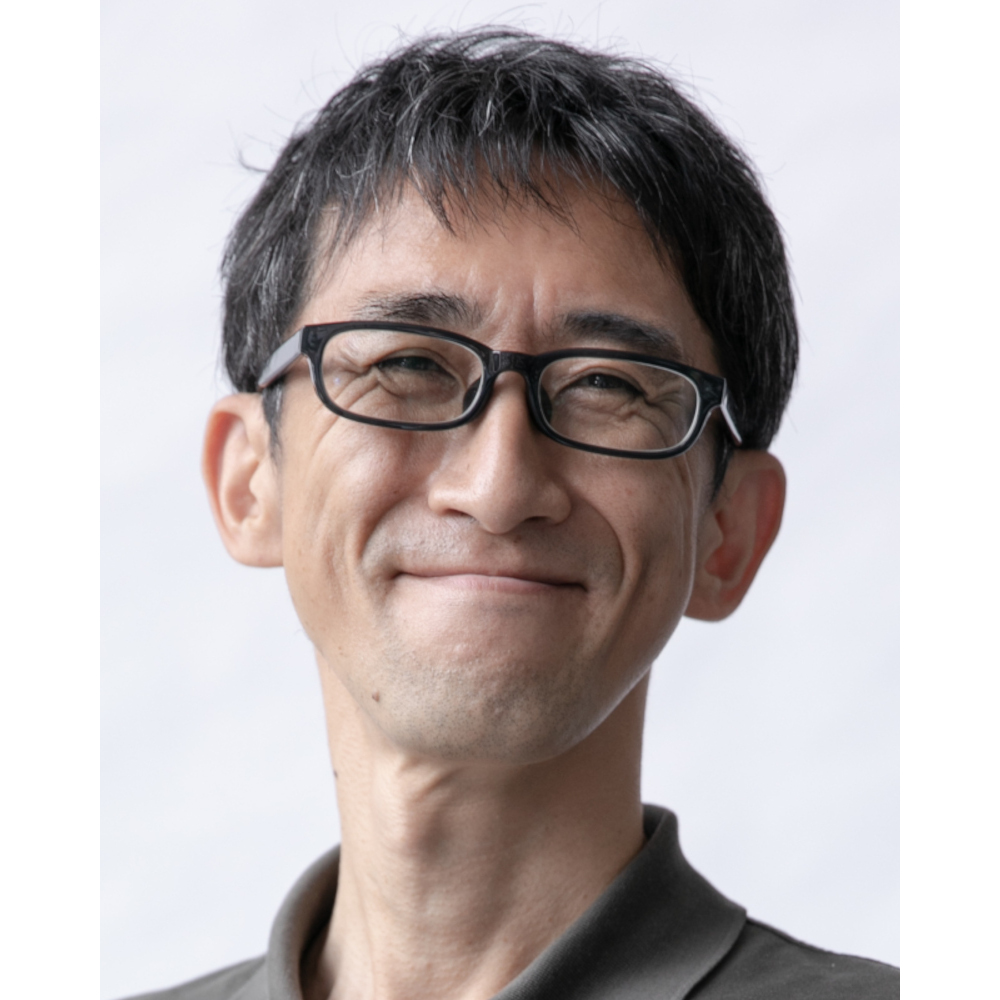
Hiroyuki Yoshitomi
Associate Investigator (Ueno-G)
- Position
- Associate Professor
- Research Field
- Human Immunology
Research Overview
Function of human T cells in inflammatory environments
Chronic inflammatory conditions induce the formation of tertiary lymphoid structures (TLS) in peripheral tissues. We identified CXCL13-producing CD4+ population in synovial tissues of patients with rheumatoid arthritis (RA). Furthermore, we showed that TGF-β preferentially induces CXCL13-producing CD4+ T cells, and that Sox4 is a transcription factor responsible for the production of CXCL13. For this population, showing the phenotype of PD-1hiCXCR5–, ‘peripheral helper T (Tph) cells’ were coined as a CD4+ T subset that exert B cell helper activities in peripheral tissues. Tph cells are also involved in malignancies and other autoimmune diseases such and SLE. Tph cells are supposed to be susceptible for inflammatory environments of peripheral tissues, and to exert functions depending the environmental conditions of diseases. We are going to figure out further molecular mechanisms of Tph cells in autoimmune diseases and malignancies.
Biography
Hiroyuki Yoshitomi obtained his PhD from Kyoto University (2005) and involved in immunological research and medical treatment as a rheumatologist at Kyoto University Hospital (2005-2012). He was appointed Assistant Professor at 2008 in Kyoto University Hospital and Associate Professor at 2012 in Graduate School of Medicine, Kyoto University, at 2015 in Frontier Life and Medical Sciences, Kyoto University, at 2016 in Center for iPS Cell Research and Application, Kyoto University (concurrently) and at 2019 in Graduate School of Medicine, Kyoto University.
Publications
Yoshitomi H, Murata K, et al. Human Sox4 facilitates the development of CXCL13-producing helper T cells in inflammatory environments. Nat Commun. 2018;9:3762.
Emori T, Yoshitomi H, Ito H, et al. Constitutive Activation of Integrin α9 Augments Self-Directed Hyperplastic and Proinflammatory Properties of Fibroblast-like Synoviocytes of Rheumatoid Arthritis. J Immunol. 2017;199:3427-3436. Kobayashi S, Ito H, Yoshitomi H, et al. TGF-β induces the differentiation of human CXCL13-producing CD4+ T cells. Eur J Immunol, 2016;46:360-71.
Kobayashi S, Ito H, Yoshitomi H, et al. TGF-β induces the differentiation of human CXCL13-producing CD4+ T cells. Eur J Immunol, 2016;46:360-71.
Mori M, Ito H, Yoshitomi H, et al. Cell-contact-dependent activation of CD4+ T cells by adhesion molecules on synovial fibroblasts. Mod Rheumatol. 2016 Sep 13:1-9.
Shibuya H, Yoshitomi H, Ito H, et al. TNFα, PDGF and TGFβ synergistically induce synovial lining hyperplasia via inducible PI3Kδ. Mod Rheumatol, 2015;25:72-8.
Ishikawa M, Ito H, Yoshitomi H, et al. MCP/CCR2 Signaling Is Essential for Recruitment of Mesenchymal Progenitor Cells during the Early Phase of Fracture Healing. PLos One. 2014;9(8):e104954.
Murata K, Yoshitomi H, Ito H, et al. miR-451 Downregulates Neutrophil Chemotaxis via p38 Mitogen-Activated Protein Kinase. Arthritis Rheum, 66:549-59, 2014.
Murata K, Ito H, Yoshitomi H, et al. Inhibition of miR-92a enhances fracture healing via promoting angiogenesis in a model of stabilized fracture in young mice. J Bone Miner Res. 2014;29:316-26.
Kobayashi S, Ito H, Yoshitomi H, et al. A distinct human CD4+ T cell subset that secretes CXCL13 in rheumatoid synovium. Arthritis Rheum, 65(12):3063-72 2013.
Murata K, Yoshitomi H, Ito H, et al. Comprehensive microRNA analysis identifies miR-24 and miR-125a-5p as plasma biomarkers for rheumatoid arthritis. Plos One. 2013;8(7):e69118.
Awards
The Japanese Society for Bone and Mineral Research award (2005), Best presentation award, Japanese Society for Immunology (2016), Best presentation award, JCR basic research conference (2017), Novartis medical award in rheumatoid arthritis (2019)
Research Group
Ueno GroupJoined
Apr. 1, 2021
